
5 Traits of the Best Realtors
Friendly, knowledgeable, outgoing… There are certain personality traits that are expected in a real estate agent. But there are other attributes that can take an agent from decent to exceptional. Buying a home is a lifetime investment — you need to be represented by a skilled professional. Here are the top five things you should be looking for when choosing an agent:
- Full-Time Professional. Your agent should sleep, eat, and breathe real estate. They should know the ups and downs and ins and outs of the industry. For them, it’s their livelihood—not a side job to score some extra cash.
- Five+ Years of Experience. Accomplished agents have spent time and effort learning the business. Market knowledge, rapport with other agents, vendor partnerships, community connections, marketing expertise, and other invaluable capabilities come with expertise.
- Strong Negotiation Skills. When working on real estate transactions, it’s extremely important to accurately read situations and respond effectively. Proficient agents know how to strategically bridge the gap between the two sides while delivering the best outcome for their clients.
- Buyer Representative. Buyer agents understand how to guide their clients through the buying process. From showing you homes to crafting offers to helping with legal documents, they’re always keeping your best interest in mind.
- Availability and Flexibility. Buying a home takes time and dedication. Good agents know they aren’t working 9–5 jobs and that open and frequent communication is crucial. Last-minute openings, offers, and details are frequently part of the journey.
If you’re looking for an agent, we can help. With more than 16 years of experience, we’ve connected with many real estate professionals. So many, in fact, that we now have our own brokerage firm — Global Home Realty. We can connect you with a proven agent while also assisting in finding the right home loan solution — all under one roof! Call today at 866-923-3222.


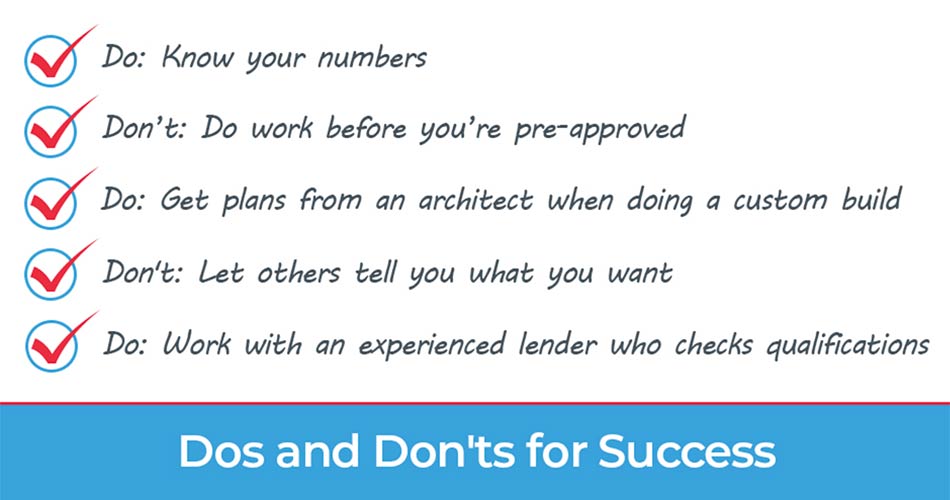
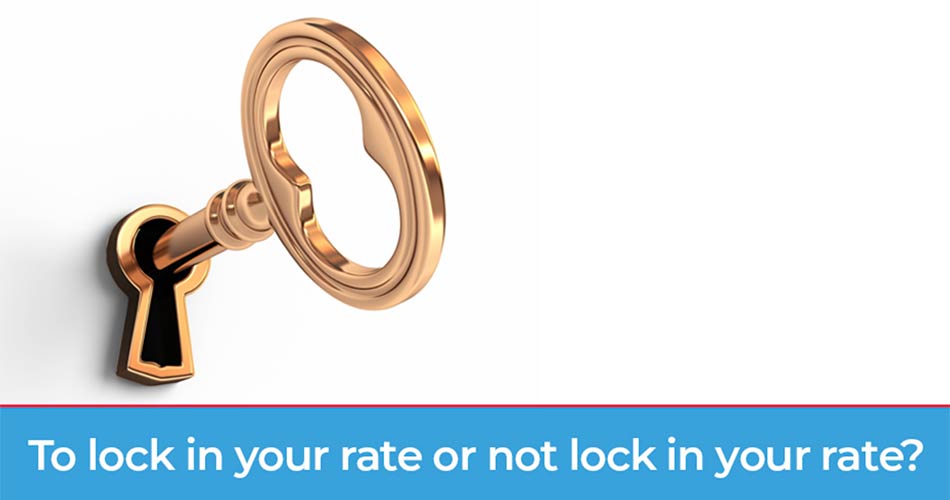
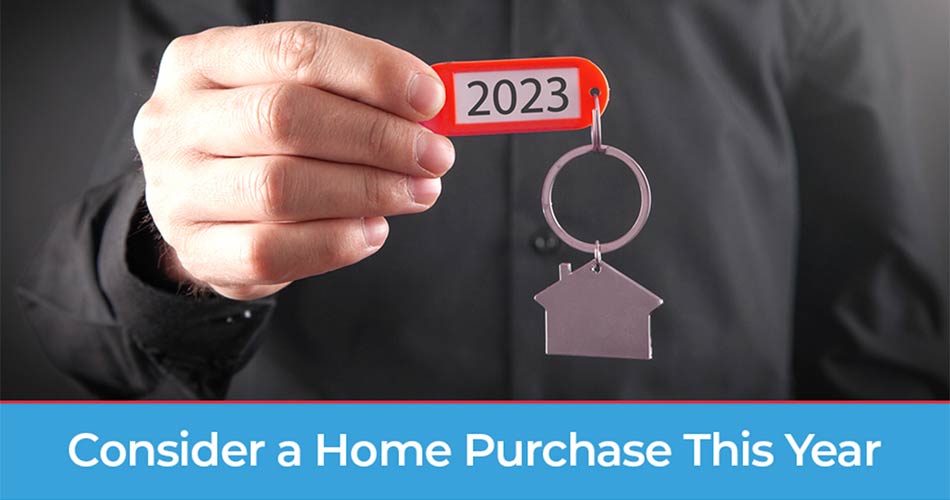





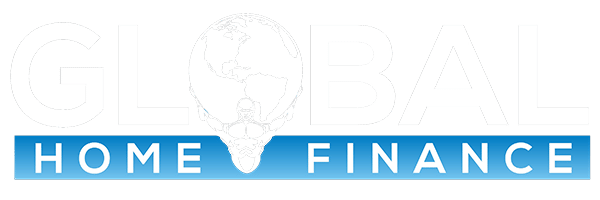
Recent Comments